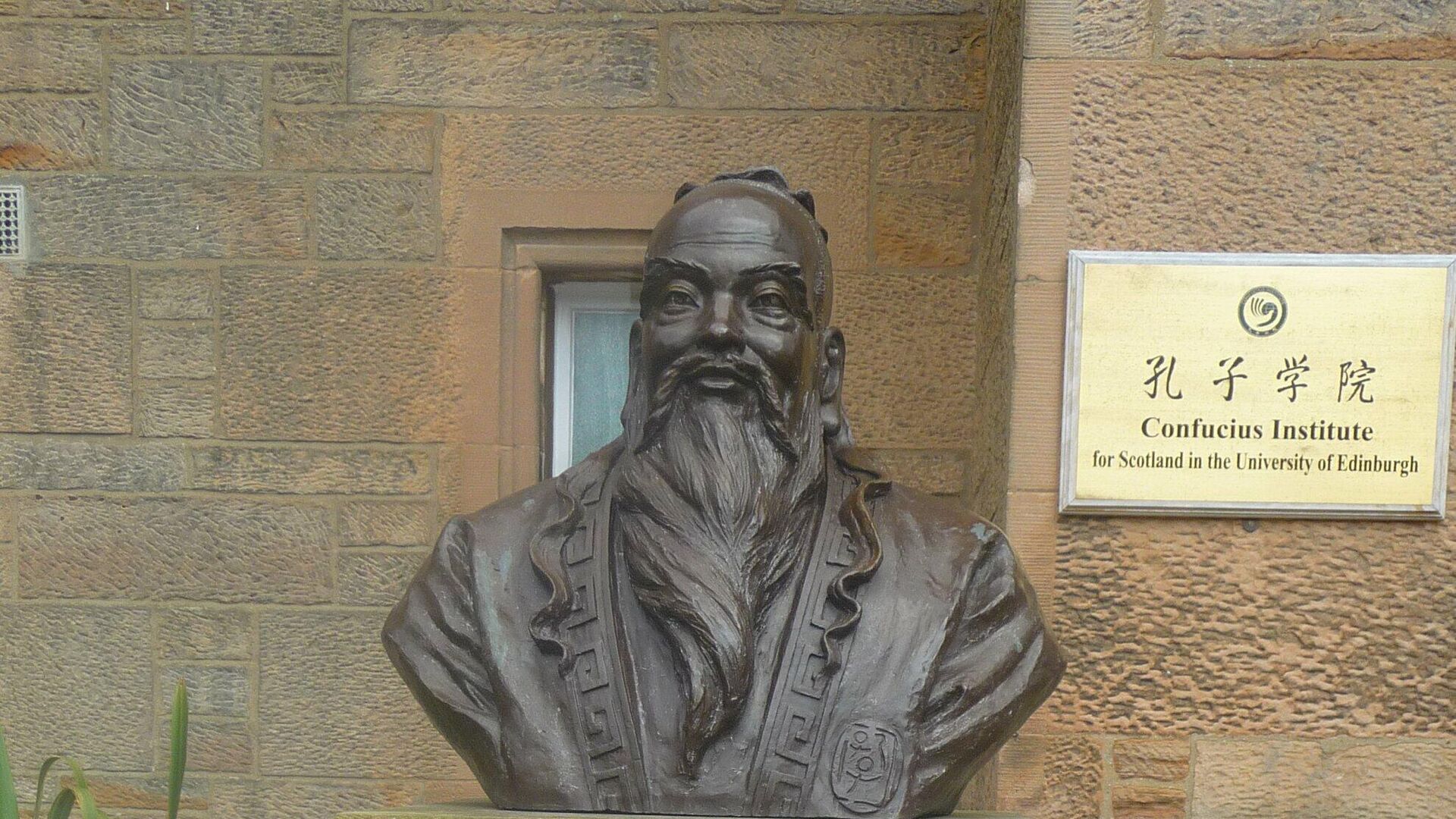https://sputnikglobe.com/20221011/closing-china-backed-cultural-institutes-would-put-uks-universities-in-financial-pinch-observers-1101729187.html
Closing China-Backed Cultural Institutes Would Put UK’s Universities in Financial Pinch: Observers
Closing China-Backed Cultural Institutes Would Put UK’s Universities in Financial Pinch: Observers
Sputnik International
UK media began reporting on Number 10’s plans to close the 30 Confucius Institutes attached to Britain’s universities last month, with the move meant to... 11.10.2022, Sputnik International
2022-10-11T14:57+0000
2022-10-11T14:57+0000
2022-11-03T19:30+0000
analysis
china
britain
cultural exchanges
threat
education
https://cdn1.img.sputnikglobe.com/img/07e6/07/19/1097762064_0:0:1980:1114_1920x0_80_0_0_7ec01559066354254a4ad4dc8d77905a.jpg
Shutting down the Confucius Institutes (CI) would have a questionable impact on reducing China’s soft power capabilities in the United Kingdom, but could deprive the nation’s universities of a much-needed source of cash, and potentially strip Britain of a key resource enabling the country to churn out China experts, British university professors have told Sputnik.The Confucius Institutes became a major issue during the summer’s Conservative Party leadership race, with former Chancellor Rishi Sunak vowing to close them if he became PM, and claiming that they were fronts for Chinese intelligence. The Truss campaign called the claims “moronic,” and she praised the work of Confucius classrooms in 2014 while serving as minister for education, saying they would “put in place a strong infrastructure for Mandarin” in the UK.Truss won the leadership and became prime minister on September 6. Less than two weeks later, media began reporting that her Cabinet had started mulling the institutes’ closure as part of her strategy of labeling the People’s Republic of China an “acute threat” to Britain’s national security. The reports said London was considering replacing the institutes’ language education programs using teachers recruited from Taiwan.Reports on plans to close down the institutes have been accompanied by a media pressure campaign. Last week, the Henry Jackson Society, a neoliberal London-based trans-Atlanticist think tank, alleged in a report that only four of the 30 centers were engaged strictly in “cultural and language” work, with the others allegedly lobbying, conducting campaigns in support of Chinese political and economic initiatives, and facilitating technology partnerships.Chinese officials have dismissed Tory claims about the institutes’ supposed “threat” to Britain, with the PRC Embassy in London saying the “educational exchanges between China and the UK” go both ways, and should be seen “in an objective and sensible manner.”On Sunday, The Telegraph reported that the prime minister’s office had forced the Department of Education to retract a recent statement defending the Confucius Institutes after “furious” Tory MPs demanded that she “put her money where her mouth is” on her “tough on China” approach.‘Easy Target’Sullivan thinks the government’s logic of going after the institutes may be related to their “symbolic value,” and the perception that their departure from Britain would not cause much of an impact on the economy. “It allows politicians to demonstrate their toughness on China (pretty much the de rigueur position of a Conservative MP today) without jeopardizing too much,” he says.Having collaborated with several Confucius Institutes in the past, the professor argues that the purported threat they pose is “greatly exaggerated,” given the strong institutions which he says shields European universities from external interference.Sullivan warns that China might retaliate to the CIs’ closure, for example by putting limits on the number of Chinese students studying at British universities, thus causing potentially substantial financial “pain” – especially on those schools that rely heavily on Chinese students. At the same time, the academic believes that Beijing’s room for maneuver may be limited, given that its ties with other English-speaking nations including the US, Canada, and Australia are also already strained. Nevertheless, even the mere threat to limit student numbers in the UK, “or a minor adjustment in numbers would already provide some pain,” he says.‘Arm of the CPP’?Dr. Robert Singh, a specialist in contemporary US politics at Birbeck University of London, says Number 10’s reported plans to scrap cooperation with the Confucius Institutes are based in "real fears" about their use in projecting soft power in the UK.Like Sullivan, Singh believes that China’s response could include limiting the numbers of students sent to study in the UK, a move that would cause universities to take a financial hit. The retaliatory measures could also include the closure of British Council offices and other cultural organizations in China, he says.“It seems doubtful that this would extend much further, to trade relations or diplomacy, at this stage,” he says.Cabinet of China Hawks“In general, the Truss government is populated by some hardline types on foreign policy, including the Foreign Secretary [James Cleverly] and Tom Tugenhadt, the security minister, who has long been a China hawk,” Singh says. “There are also some backbench Conservative MPs, such as Iain Duncan Smith, who have been agitating against China for years.”More broadly, the academic explains that Britain’s political class as a whole, including both Tories and Labour, have long felt that Britain’s China policy needs an update, in part stemming “from a desire to be in lockstep with Washington in adopting a tougher approach.”
https://sputnikglobe.com/20220918/uk-mulls-confucius-institutes-closure-inviting-taiwans-teachers-to-host-lessons-on-chinese-culture-1100937848.html
https://sputnikglobe.com/20220922/macron-truss-show-no-consternation-over-biden-promising-to-defend-taiwan-militarily-1101072517.html
https://sputnikglobe.com/20220905/from-liberal-activist-to-conservative-pm-fun-facts-about-britains-new-prime-minister-liz-truss-1100395943.html
https://sputnikglobe.com/20221011/uk-chancellor-will-need-60bln-of-brutal-spending-cuts-to-fund-mini-budget-ifs-warns-1101708576.html
https://sputnikglobe.com/20221010/uk-risks-significant-brain-drain-as-scientists-leave-amid-fear-of-losing-access-to-eu-funding-pot-1101671760.html
china
britain
Sputnik International
feedback@sputniknews.com
+74956456601
MIA „Rossiya Segodnya“
2022
News
en_EN
Sputnik International
feedback@sputniknews.com
+74956456601
MIA „Rossiya Segodnya“
Sputnik International
feedback@sputniknews.com
+74956456601
MIA „Rossiya Segodnya“
china, britain, cultural exchanges, threat, education
china, britain, cultural exchanges, threat, education
Closing China-Backed Cultural Institutes Would Put UK’s Universities in Financial Pinch: Observers
14:57 GMT 11.10.2022 (Updated: 19:30 GMT 03.11.2022) UK media began reporting on Number 10’s plans to close the 30 Confucius Institutes attached to Britain’s universities last month, with the move meant to showcase the prime minister’s “tough on China” policy. The institutes’ work includes educating Britons about the Chinese language and culture, but Tories see them as a tool of Chinese soft power.
Shutting down the Confucius Institutes (CI) would have a questionable impact on reducing China’s soft power capabilities in the United Kingdom, but could deprive the nation’s universities of a much-needed source of cash, and potentially strip Britain of a key resource enabling the country to churn out China experts, British university professors have told Sputnik.
The Confucius Institutes
became a major issue during the summer’s Conservative Party leadership race, with former Chancellor Rishi Sunak
vowing to close them if he became PM, and claiming that they were fronts for Chinese intelligence. The Truss campaign called the claims “moronic,” and she praised the work of Confucius classrooms in 2014 while serving as minister for education,
saying they would “put in place a strong infrastructure for Mandarin” in the UK.
Truss won the leadership and became prime minister on September 6. Less than two weeks later, media began reporting that her Cabinet had started mulling the institutes’ closure as part of her strategy of labeling the People’s Republic of China an “acute threat” to Britain’s national security. The reports
said London was considering replacing the institutes’ language education programs using teachers recruited from Taiwan.
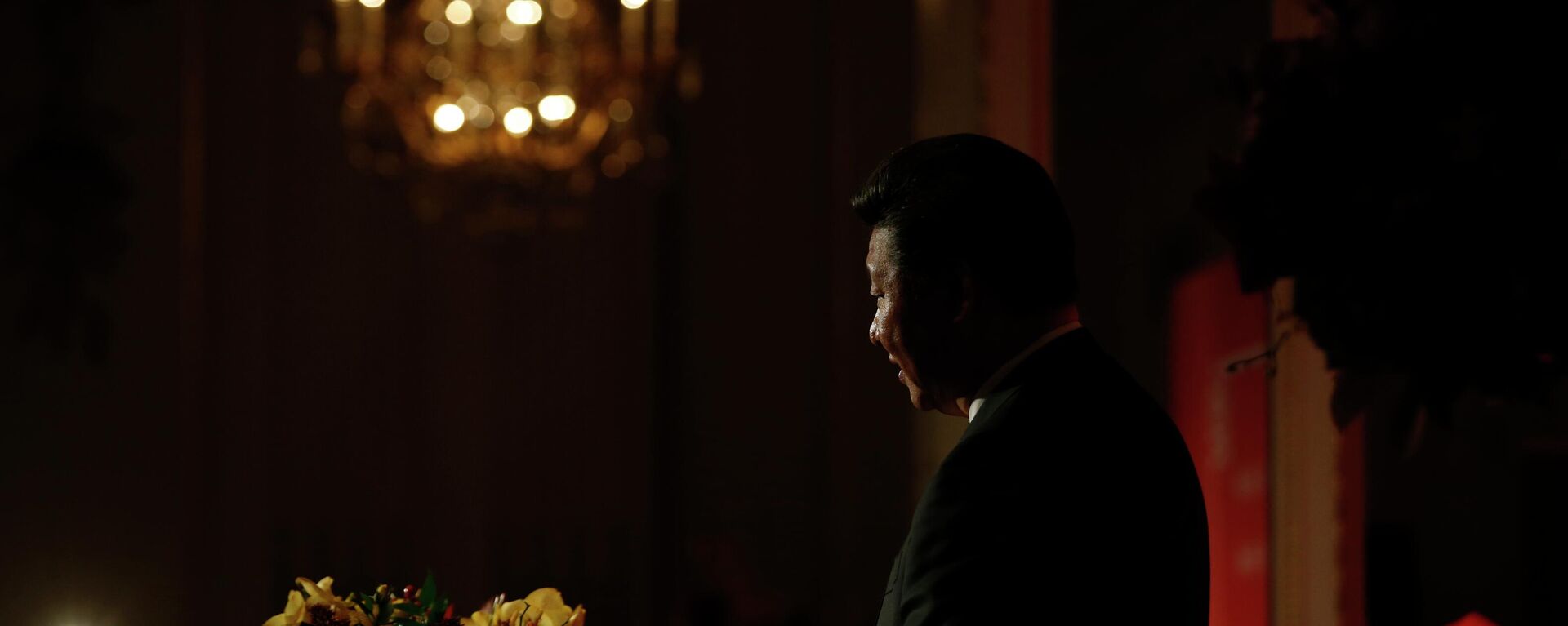
18 September 2022, 21:55 GMT
Reports on plans to close down the institutes have been accompanied by a media pressure campaign. Last week, the Henry Jackson Society, a neoliberal London-based trans-Atlanticist think tank,
alleged in a report that only four of the 30 centers were engaged strictly in “cultural and language” work, with the others allegedly lobbying, conducting campaigns in support of Chinese political and economic initiatives, and facilitating technology partnerships.
Chinese officials have dismissed Tory claims about the institutes’ supposed “threat” to Britain, with the PRC Embassy in London saying the “educational exchanges between China and the UK” go both ways, and should be seen “in an objective and sensible manner.”
On Sunday, The Telegraph
reported that the prime minister’s office had forced the Department of Education to retract a recent statement defending the Confucius Institutes after “furious” Tory MPs demanded that she “put her money where her mouth is” on her “tough on China” approach.
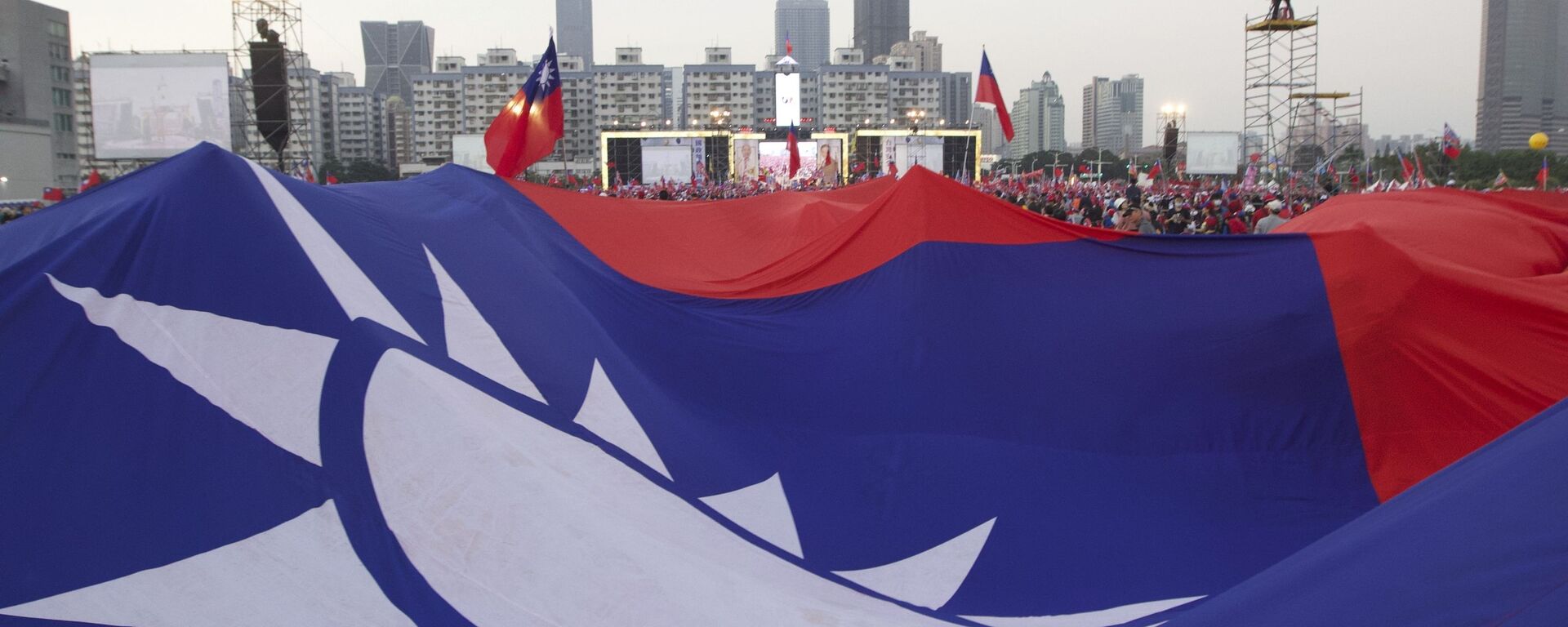
22 September 2022, 07:30 GMT
“The CI is an obvious symbol of Chinese efforts at global engagement and in societies, like the UK, where deteriorating relations have given way to a ‘threat’ narrative, they are the easiest target for ‘tough action,’” says Dr. Jonathan Sullivan, a China expert and professor of political science at the University of Nottingham.
Sullivan thinks the government’s logic of going after the institutes may be related to their “symbolic value,” and the perception that their departure from Britain would not cause much of an impact on the economy. “It allows politicians to demonstrate their toughness on China (pretty much the de rigueur position of a Conservative MP today) without jeopardizing too much,” he says.
Having collaborated with several Confucius Institutes in the past, the professor argues that the purported threat they pose is “greatly exaggerated,” given the strong institutions which he says shields European universities from external interference.
“As a tool of influence, the CI is not very effective. The thought that CIs are changing people’s minds about China or making universities behave in ways they don’t want to is, in the UK, not really happening,” Dr. Sullivan says. Instead, he suggests, “the sponsorships and funding that universities take from Chinese sources are a more concerning channel of influence than CIs, which have relatively negligible budgets and little interaction with the university.”
Sullivan warns that China might retaliate to the CIs’ closure, for example by putting limits on the number of Chinese students studying at British universities, thus causing potentially substantial financial “pain” – especially on those schools that rely heavily on Chinese students. At the same time, the academic believes that Beijing’s room for maneuver may be limited, given that its ties with other English-speaking nations including the US, Canada, and Australia are also already strained. Nevertheless, even the mere threat to limit student numbers in the UK, “or a minor adjustment in numbers would already provide some pain,” he says.
“The key will be whether CIs’ provision and funding of language and cultural competency training is replaced. If it isn’t, that tells us the UK is not serious about creating the kind of expertise it needs to do business with China. Then again, if CIs are replaced in the UK by their Taiwanese counterpart, that will send quite an awkward message too,” Sullivan warns.
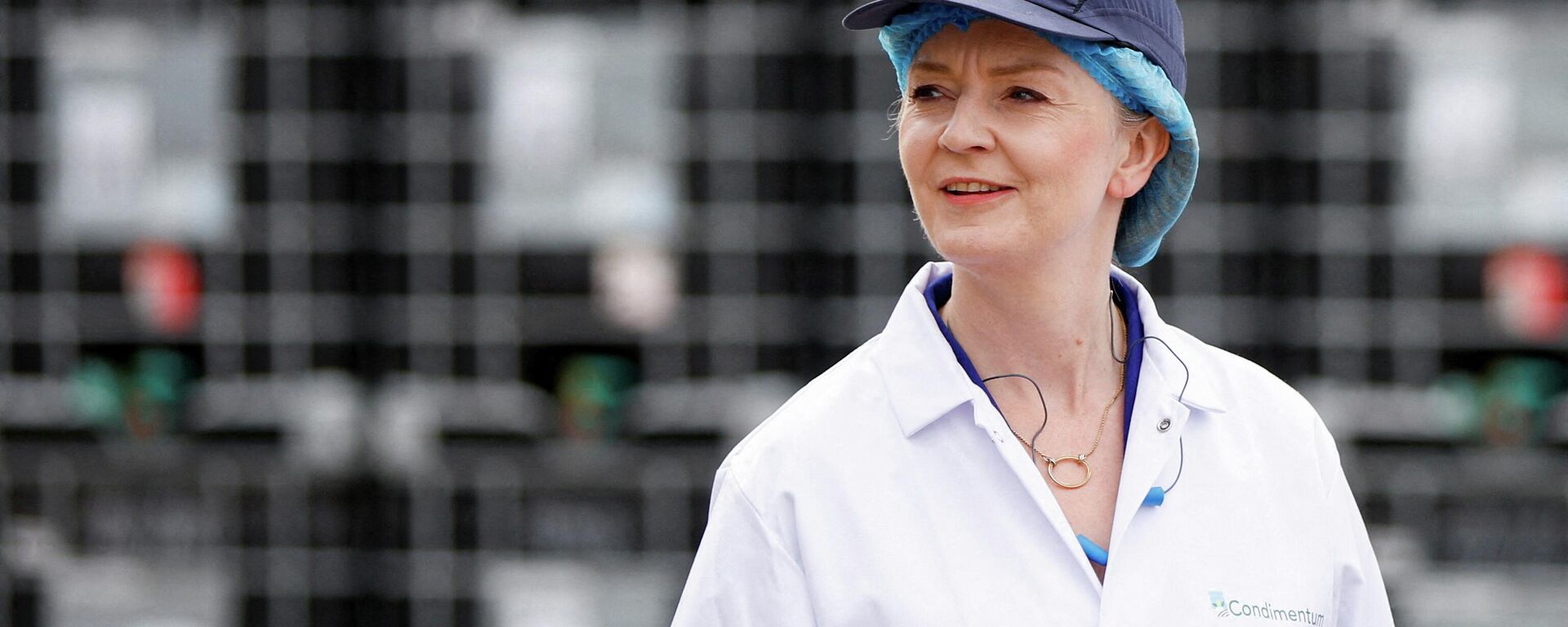
5 September 2022, 13:19 GMT
Dr. Robert Singh, a specialist in contemporary US politics at Birbeck University of London, says Number 10’s reported plans to scrap cooperation with the Confucius Institutes are based in "real fears" about their use in projecting soft power in the UK.
It “reflects genuine concerns among members of the Conservative Party, and the British security establishment, that the Chinese state – in essence, the Chinese Communist Party (CCP) – is using these institutes for nefarious purposes: providing ideological propaganda, distorting debates, excluding alternative voices and even monitoring students and faculty. Rather than being purely educational and language institutions, the Confucius Institutes are widely seen here, and in the US, as arms of the CCP,” Singh says.
Like Sullivan, Singh believes that China’s response could include limiting the numbers of students sent to study in the UK, a move that would cause universities to take a financial hit. The retaliatory measures could also include the closure of British Council offices and other cultural organizations in China, he says.
“It seems doubtful that this would extend much further, to trade relations or diplomacy, at this stage,” he says.
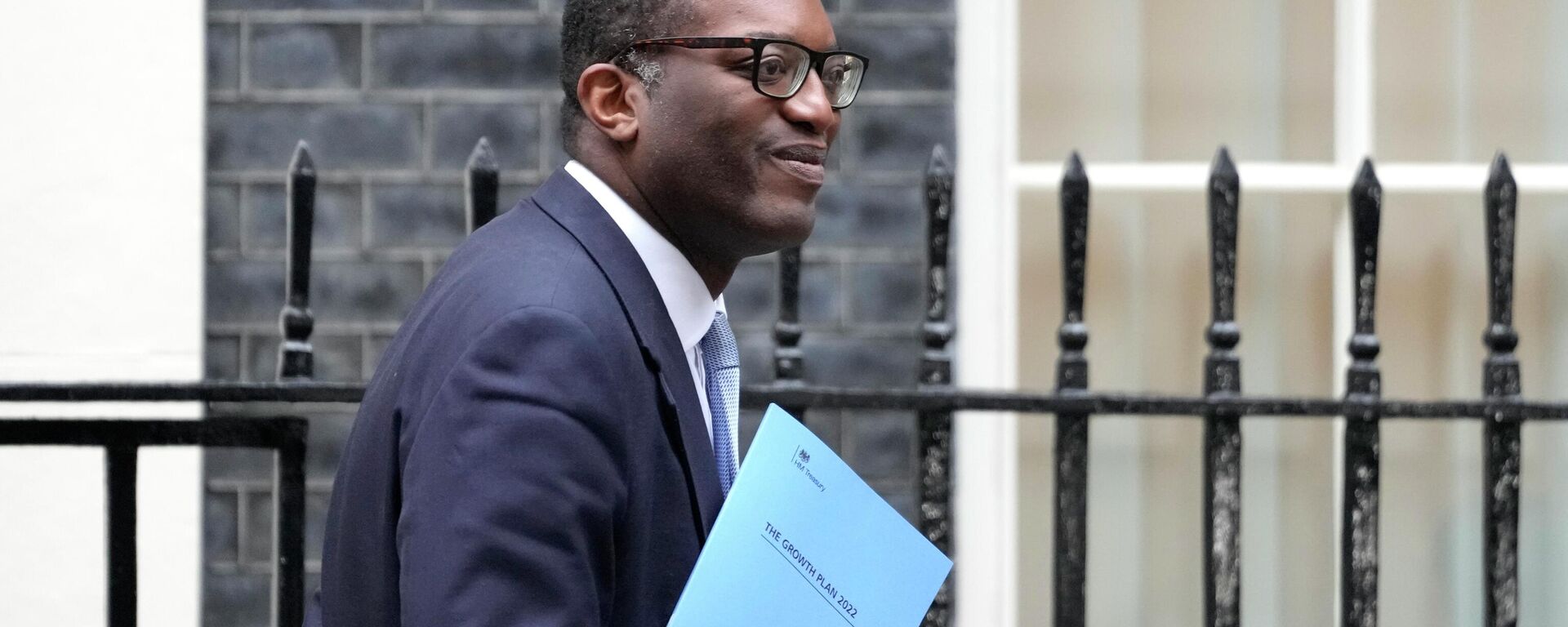
11 October 2022, 10:27 GMT
“In general, the Truss government is populated by some hardline types on foreign policy, including the Foreign Secretary [James Cleverly] and Tom Tugenhadt, the security minister, who has long been a China hawk,” Singh says. “There are also some backbench Conservative MPs, such as Iain Duncan Smith, who have been agitating against China for years.”
More broadly, the academic explains that Britain’s political class as a whole, including both Tories and Labour, have long felt that Britain’s China policy needs an update, in part stemming “from a desire to be in lockstep with Washington in adopting a tougher approach.”

10 October 2022, 08:52 GMT



